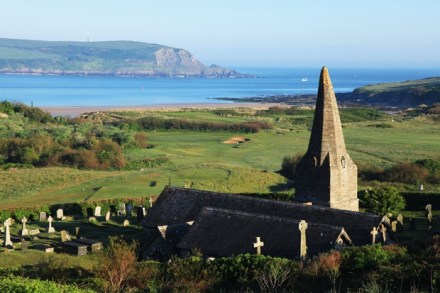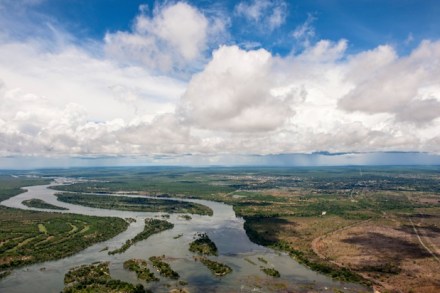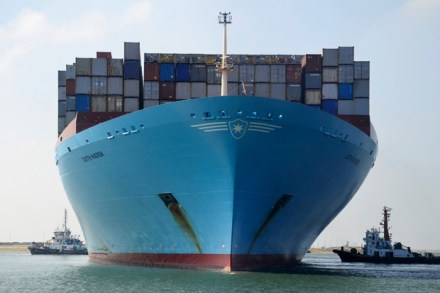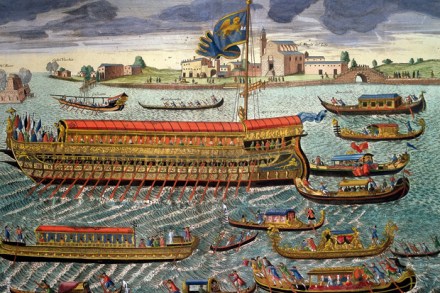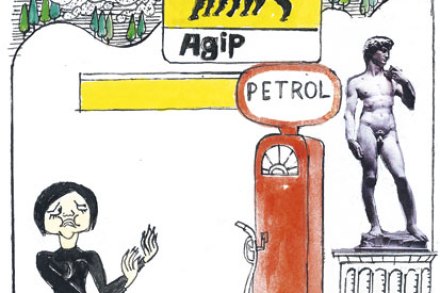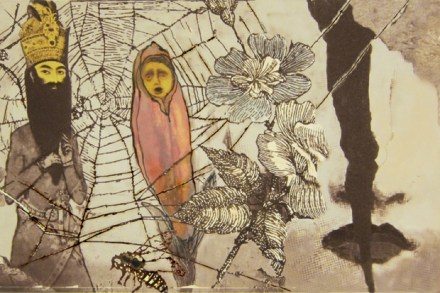Napoleon’s birthplace feels more Italian than French
Napoleon’s birthplace, Casa Buona-parte, in Ajaccio, Corsica’s capital, is pretty grand. It has high ceilings, generous, silk-lined rooms and a gallery that could double as a mini-ballroom. The house fits Napoleon’s upper-middle-class roots, as the son of a lawyer and Corsica’s representative to the court of Louis XVI. But the odd thing is, the home town of the world’s most famous Frenchman doesn’t feel very French. Corsica is only 14 miles from Sardinia — and 110 miles from the Côte d’Azur. It only became independent from Genoa in the late 18th century and the place names are still a mixture of Italian and the Corsican dialect. Near Bonifacio, road signs







